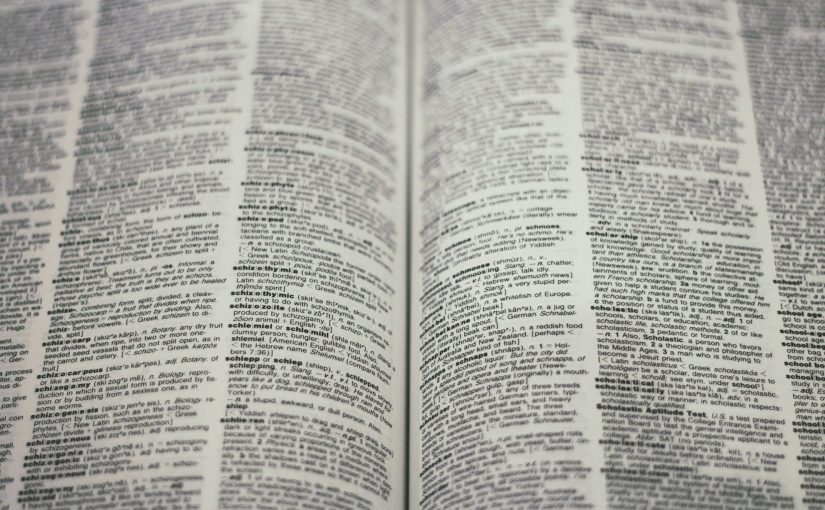
Paying attention to the accuracy of legal translation is important. These legal translations help connect different legal systems. Moreover, it makes it easier for people from different cultures and backgrounds to understand each other. It’s about more than translating words from one language to another. It’s about understanding the complex language of the law.
Legal documents are often loaded with complexities that demand accuracy and precision. In this blog post, we’ll talk about how legal translation helps people from different cultures understand the laws across borders.
The Complexity of Legal Translation
Legal language is unique and can seem like its own kind of language. It uses specific terms, Latin phrases, and old-fashioned terms that make it complex. For legal translators, it’s important to understand these details when working with laws, bills, contracts, and other court papers.
Translating legal documents is more than just knowing the language. It requires a deep understanding of legal systems and concepts. Mistakes in translation can have serious consequences, so precision is crucial. Legal translators must keep the exact meaning and legal effects. Hence, the translated document is as powerful as the original.
If there are mistakes in legal translations, it can cause major problems. One wrong word or misunderstood part can change what a legal document means. This could lead to legal issues, agreement problems, or contract disputes. It shows that being precise in legal translation is important to avoid possible legal trouble.
The Role of Legal Translators

Legal translators have a huge responsibility. They need to tell stories that go beyond words. Their main job is translating legal texts into another language, ensuring the real meaning and legal details stay the same. This requires them to be exceptional in their language skill. Moreover, they need to understand legal complexities.
Being a legal translator is special and needs two kinds of expertise – knowing the law and being good with language. A good legal translator is like a bridge between legal concepts. They ensure that the translated papers maintain the same legal validity and precision.
That is because precision is the foundation of legal translation. Every word, clause, or phrase holds weightage, and the translator’s job is to preserve this weight with 100% accuracy. The significance of precision extends beyond literal meanings. It involves capturing the source text’s legal nuances, implications, and intentions.
Navigating Cultural Nuances in Legal Translation
Legal language has a deep connection with the culture and reflects the unique legal traditions of each society. Knowing the cultural differences in legal terms helps us see how law, language, and what’s normal in a society are all connected. Legal translators need to figure out these cultural links when doing translations that involve different cultures.
Changing legal concepts between cultures is tough. Each legal system has its history and culture, affecting how they understand legal terms. The challenge for legal translators is to go beyond these borders. They must ensure that the translated document accurately delivers legal concepts while matching the target audience’s cultural context.
For example, “privacy” in legal papers might mean different things in Western and Eastern societies. Western legal systems often focus on individual rights. Yet, some Eastern cultures might care more about the group’s well-being than personal privacy. Addressing privacy concerns and understanding these cultural distinctions are crucial in legal translations. Misinterpretations can lead to unintended consequences, highlighting the critical role of legal translators.

Technology in Legal Translation
The digital era has brought in some transformative tools for legal translation, with machine translation at the top of the list. Looking at the role of technology in translation shows us a world where computer programs and artificial intelligence do a lot of the work.
Technology promises to make legal translation faster. But are machine and human translation equally reliable?
Machines can handle large amounts of information, which speeds up how quick things get translated. But there’s a downside to this speed. Legal papers need someone who understands the culture, context, and exact legal words. Relying only on machines might miss these important parts and cause mistakes in the translated text.
To fix this, we need to find the right balance between old-fashioned and modern ways. Technology can help speed up the translation process. But, we still need skilled human translators to make sure everything is accurate. The best way is to use both – machines for speed and humans for accuracy.
Ensuring Accessibility in Legal Translation
Legal translators smoothly simplify complex terms, dissect lengthy rulings, and offer clear explanations. These strategies link the comprehension gap, ensuring legal translations become more approachable for a broader audience.
The art of using plain language is challenging but vital in making legal documents more accessible. Instead of relying on difficult legal jargon, using straightforward language enhances comprehension. Plain language outshines linguistic barriers, allowing a wider audience to understand legal concepts without needing specialized legal help.
The Future of Legal Translation
Legal translation is evolving, and emerging trends are shaping the way forward. From smart computers to new ways of understanding language, the future of legal translation will be very different.
The future of legal translation is woven with the threads of globalization. The borders are blurring, and legal systems are intersecting. This has made legal translators integral to facilitating cross-border communication. Globalization affects legal translation in many ways. Not only with language but also by understanding different cultures, societies, and economies.
Conclusion
As we reflect on the importance of legal translation, one thread remains constant—the need for clarity. Clear and accurate legal translation is not just a necessity but the bedrock of effective communication in a globalized world. It makes sure that legal information goes beyond linguistic barriers, fostering understanding and cooperation across diverse legal landscapes.
In conclusion, let’s take a moment to appreciate the architects of global communication—the legal translators. Their role encompasses the art of preserving legal integrity and raising accessibility.
Do you need to get a legal contract translated? You can trust TranslateSwift to provide seamless and professional document translation services. Our experts can help you get culturally appropriate and legally accurate translations. Contact us today to ensure your legal documents are translated with ease and accuracy.










